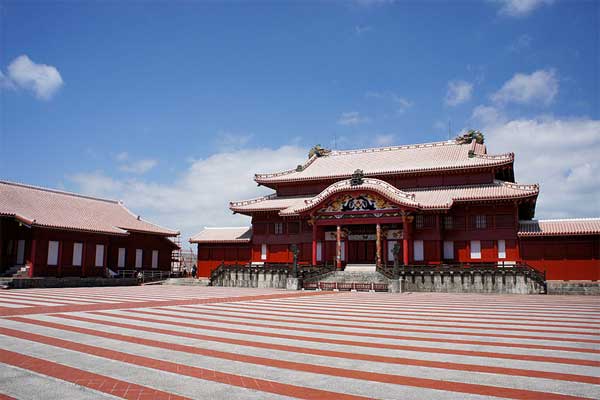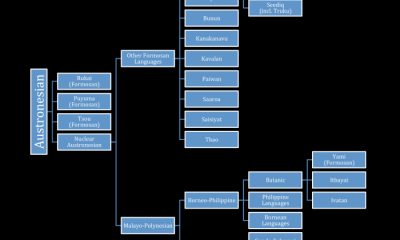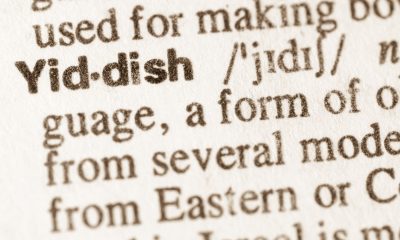
In a classroom, students shyly introduced themselves in Okinawan, an endangered language, as linguists and concerned people attempt to save the indigenous languages of Okinawa.
Okinawa, whose name translates to “rope in the open sea,” is one of Japan’s 47 prefectures and part of the 49 inhabited and 111 uninhabited islands that make up the Ryukyu Islands.
Declining use
While considered part of the Japonic language family that includes Japanese, there are six remaining Ryukyuan languages that cannot be understood by Japanese speakers. The use of these languages is declining as the members of the younger generation are taught to use Standard Japanese, which is used in formal situations and occasions. The indigenous languages are now being considered as dialects. The de facto everyday language by people under the age of 60 is Okinawan Japanese, which is mainland Japanese with Okinawan accent. The traditional Okinawan is now only used in folk dance, folk music and other traditional cultural activities.
The number of remaining native speakers is not known. Estimates range from a handful to a few hundreds. Each of the six main languages is distinct from Japanese and from each other.
Reviving the language
At Okinawa Christian University, the students introduced themselves by saying “Waa naamee ya…yaibiin,” which means “My name is…” In standard Japanese, it would be “Watashi wa…desu.” The teacher, Byron Fija, tried to encourage his students to utter the sentence in Okinawan confidently, as it was very clear that they were not familiar with the language. This is beside the fact that Okinawan is one of the six main indigenous languages spoken in the islands, where most of the American military bases in Japan are located.
Byron Fija teaches elementary Okinawan. One of his students, Kai Irei told an interviewer that he was from Okinawa and should learn the language or he could not claim that he is Okinawan. He is one of the few who ardently wants to have Okinawan preserved and revived as he said it is part of his identity. Another student, Fija, is of mixed blood, with an American father that he never met and an Okinawan mother. His English-speaking skill is almost non-existent although people say that he speaks Okinawan with an American accent. He looks Caucasian so he was not considered a Japanese but with no knowledge of his father, he was not considered an American either. Therefore he realized that his identity was Okinawan.
He said that language in Okinawa is soaked in politics and proponents of the languages decry the fact that authorities want to classify them as dialects. Ever since Okinawa was annexed by Japan, their languages have been labeled as second class and were forbidden from being used in public, according to the chairman of the Ryukyu Heritage Language Society and professor emeritus of linguistics at the University of the Ryukyus, Shinsho Miyara.
Preserving the language
The efforts to preserve that language are minimal because the prefectural government of Okinawa is not fully committed to the program. The only support they got from the government was the declaration of September 18 as the day for the promotion of local languages. Professor Miyara added that Okinawan is not taught in local schools but students are taught Japanese history and language.
Some supporters are optimistic about the effort to preserve Okinawan, although it could be a long uphill battle. Professor Miyara said that this is needed to promote their culture and to rebuild their confidence and identity. Other supportive linguists say that it is not enough to just teach the language in school. It is better if the people start to use the language once again. Maybe it would be the case, if the rest of the younger generation believe that it could be done, because, as the students in Byron Fija’s class said, if his generation loses interest in the Okinawan culture and language, then they would remain only as a small part of the bigger country, Japan.
Image credit: Shuri Castle, Okinawa Japan by 663highland under Creative Commons Attribution-Share Alike 3.0 Unported license.















Facebook
Twitter
Pinterest
Google+
LinkedIn
Email